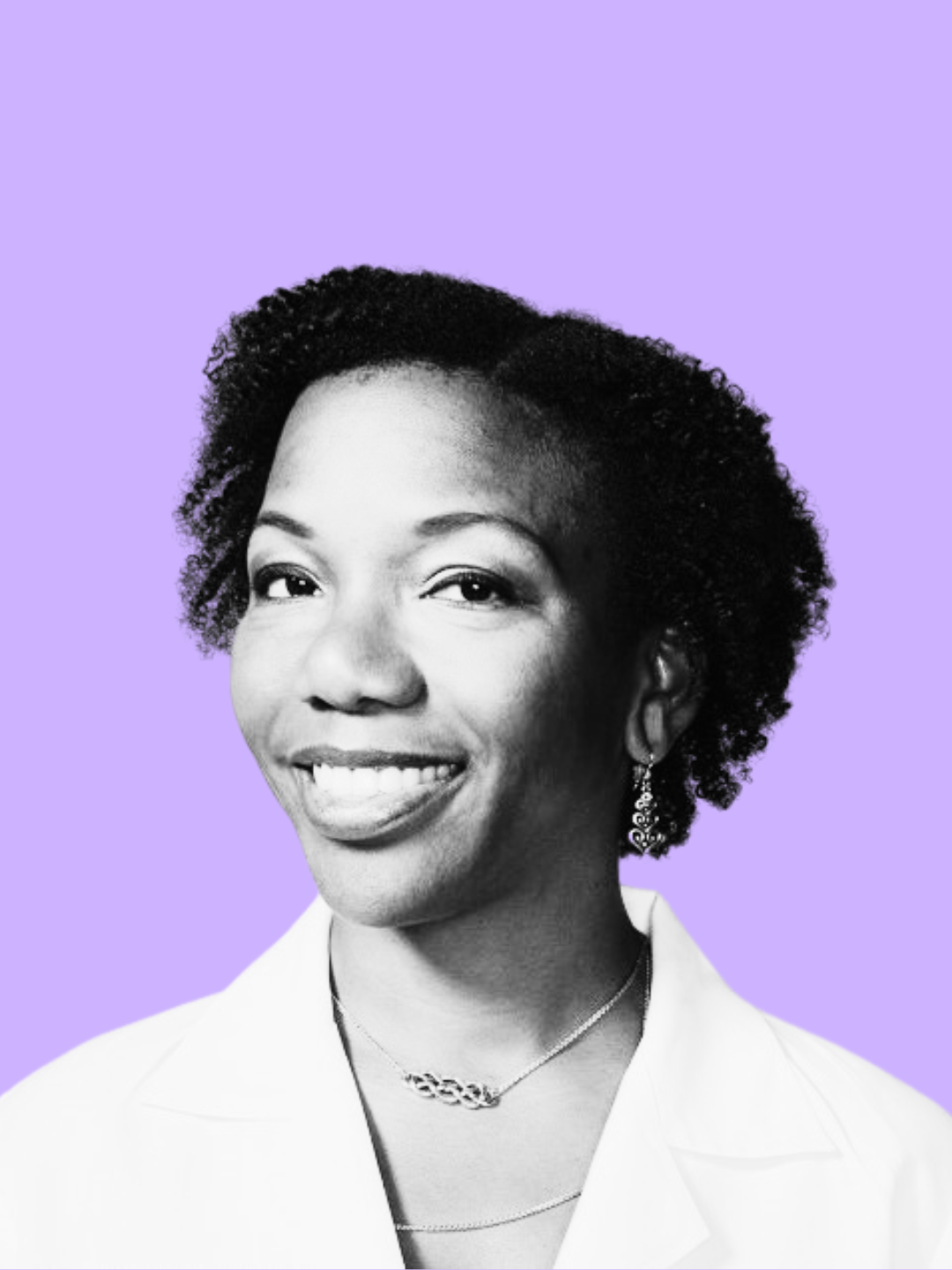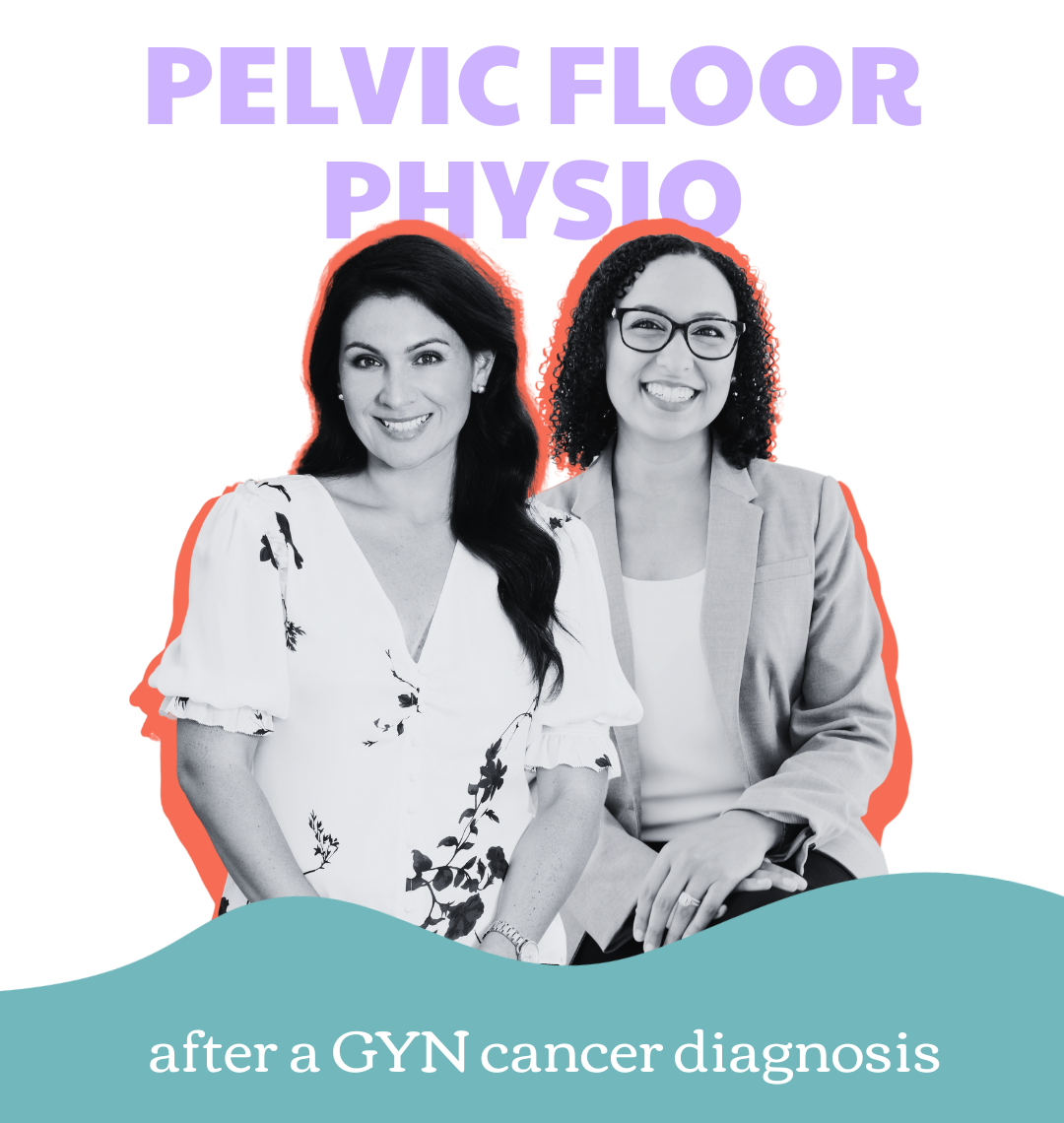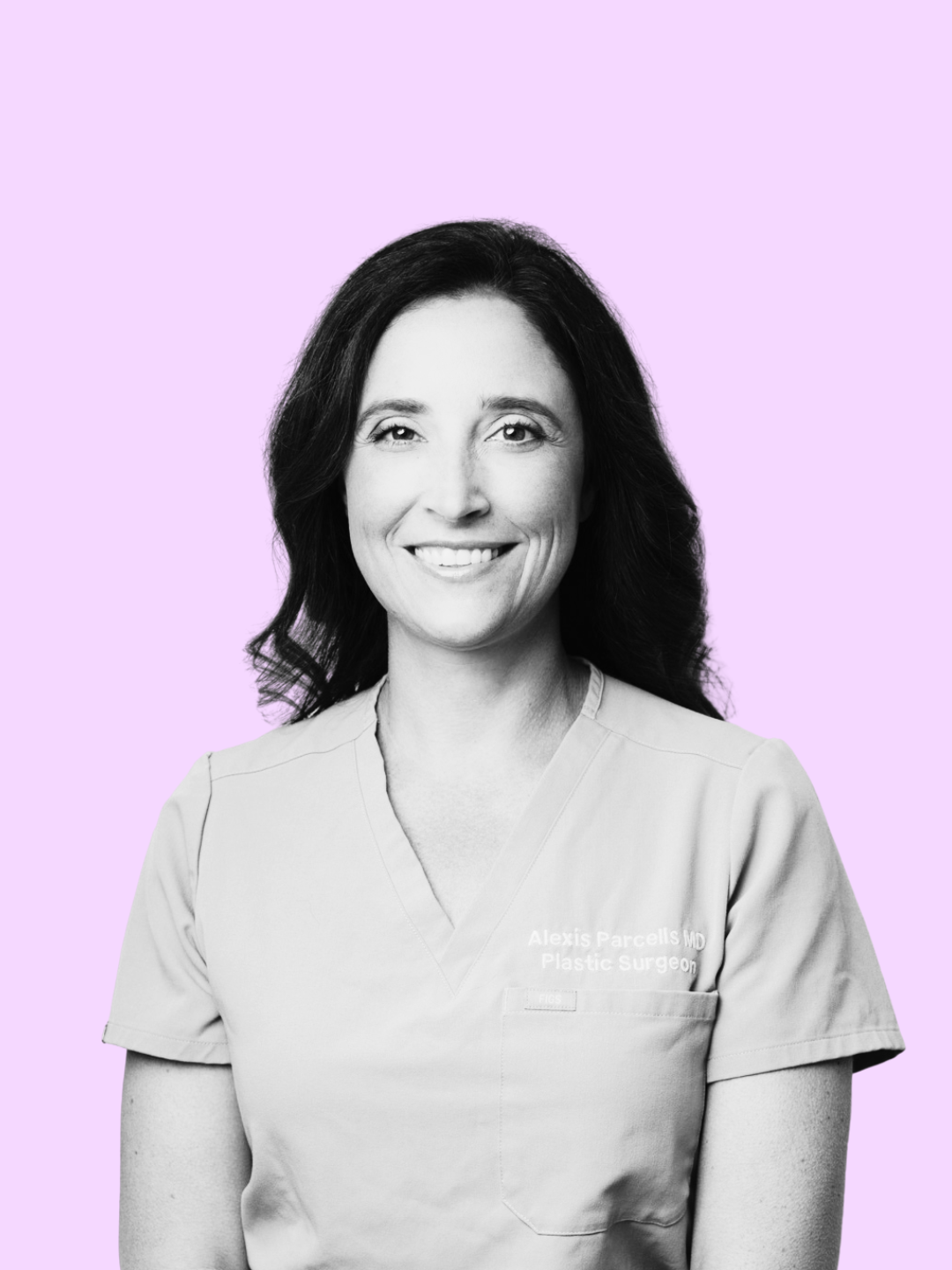Dr. Yvette Williams-Brown is an Associate Professor of Obstetrics and Gynecology in the Department of Women’s Health, a member of the Livestrong Cancer Institutes, and holds a courtesy appointment in the Department of Oncology at Dell Medical School at The University of Texas at Austin. She is also the director of the Fellowship in Minimally Invasive Gynecologic Surgery Program in the Department of Women’s Health. Through her career, she has been active in teaching and mentoring medical students, residents and fellows.
Holding special expertise in gynecologic malignancies, Dr. Williams-Brown also performs minimally invasive procedures including robotic surgery. Her clinical and research interests include cervical cancer, palliative care and health disparities.
Dr. Williams-Brown comes highly regarded from her patients and the community. The Peak sat down with Dr. Williams-Brown to discuss challenges around gynecologic cancer diagnoses, disparities in treatment, and what everyone should know about advancements in prevention and care.
RELATED: The Latest in Gynecologic Cancer News for Breasties
THE PEAK: Can you tell us about how you first got into medicine and specifically gynecologic oncology?
DR. WILLIAMS-BROWN: My journey to medicine began when I was a little girl. My parents told me from a very young age that I've always said that I wanted to be a doctor, and I am the first person in our family to do so. I've always wanted to do something that was related to medicine and could be helpful to people. I've also had a very specific interest in women's health and reproduction, so that's what drew me into becoming an OB-GYN.
Once I was there, I was drawn into gynecologic oncology, mostly because of the complexity of the patients, the surgery, the combination of being able to follow people long-term and also being able to see immediate outcomes and results especially when it comes to surgical interventions.
TP: What’s the difference between a gynecologist and a gynecologic oncologist?
WB: OB-GYN is a subspecialty that focuses on conditions involving the (assigned female at birth) reproductive system, including pre-pregnancy to pregnancy and menopause and can treat different ages of patients from childhood to past menopause. Gynecologic oncology is a subspecialty of gynecology that specifically focuses on pre-cancerous conditions, malignancies or those at high risk for cancers of the female reproductive tract.
I usually explain to people that gynecologic oncologists typically treat female reproductive cancers, usually conditions from the waist down just because there are sometimes a lot of questions about whether or not we also treat breast cancer. Small caveat that there's a small subset of gynecologic oncologists who actually do breast surgery as well, but that's not typically common.
TP: We often hear that gynecologic cancers are diagnosed at later stages. Why is that?
WB: I think there are a couple of reasons. One is the limitations in screening. For instance with ovarian cancer, so far there's not a clear strategy for screening the general population that would not result in more harms from intervention resulting from the screening.
Many times, people present when their diseases progresses to the point where they are having symptoms. Because [of the way ovarian cancer] spreads within the abdominal cavity, it can affect your intestinal tract, such as causing fluid to build up in the abdomen. Cancer cells can travel to a number of different places very quickly once it comes outside of the ovaries or fallopian tubes.
The other thing that makes it hard to detect is that it can mimic so many other conditions that are pretty common. Having urinary frequency can certainly be a symptom of a urinary tract infection, which is pretty common, or eating the wrong kind of food and feeling bloated or gassy is a very common thing.
But it’s the persistence of those symptoms, like if you get treated for a urinary tract infection and you're still having those symptoms, those are the things that should really make the patient or a clinician scratch their head and say, "Let me look deeper into this because this is not lining up is not adding up."
TP: Community members, specifically community members of color, sometimes say they don't always feel believed, supported, or represented at their doctor's office. What advice would you give to someone who finds themselves in that situation?
WB: People need to be heard. Ovarian cancer, for instance, is considered by some people to be a silent killer, but what we found is that it's actually not silent. Some people describe it as the cancer that whispers.
There are signs. There are symptoms that people experience that are beyond typical symptoms that someone may associate that with another common medical problem that should resolve on its own or that can be easily fixed.
The key thing is that if someone's not listening to you, you should find someone who's going to listen to you. It is difficult when people have limited options when it comes to health care. Sometimes one may not feel like they are able to ask for a second opinion. But that is the key: be persistent and know your body.
You know when something is not adding up and when the symptoms are persistent, and you know deep in your heart that there's something going on. Continue to get that checked out until you are heard.
TP: There are clear disparities in how white patients and patients of color are diagnosed and treated. From your experience, what would you say are some of the reasons for these gaps in care?
WB: The numbers of people who are diagnosed with uterine cancer, between Black and white women, is typically the same, but the death rates for [Black women with] endometrial and uterine cancer is double.
There have been many studies demonstrating and documenting clear disparities when it comes to outcomes in different racial categories or groups, but there are not a lot of clear answers as to why.
When patients are treated in a very standard way, such as in a clinical trial where we're controlling for a lot of different factors, the outcomes tend to be similar. In those cases, you lose a lot of those differences and disparities in regards to race and ethnicity. I think that highlights that disparities do not simply point to a biological difference based on race or ethnicity.
What we do know is that people are treated differently. There are societal and systemic problems that occur and those things will result in outcomes that can affect someone's health. It can affect whether or not a person is able to get screened or if they are screened, what the next step will be and whether they can get care. Then if they're in care, it can affect how they are treated, what options are given to them, how they are followed, and so forth.
I think that part of what we need to do, as individual health care providers, is influence those systems, the institutions or those that make these policies, to make changes to improve those disparities.
RELATED: Here's How Hispanic Women Are Disproportionately Affected By Breast and GYN Cancers
TP: What screening guidelines would you recommend to someone is considered high-risk for gynecologic cancer?
WB: The more information you have about your specific risks, the better guided you can be in regards to screening. Even for patients who have a high risk genetic variant, not all genetic variants are equal.
The typical risk for general population developing ovarian cancer is about one to two percent. Some genetic variants can increase the risk of developing ovarian cancer to about 10 or 15 percent and then others can be as high as like 30 or 40 percent. Based on whatever the specific genetic variant is would then guide either would that be high enough risk to actually go through a surgery to remove the ovaries, for instance, or is it something where we could delay, or is it something where we would watch and then only intervene based on symptoms or if there's any problems that come out.
TP: We’ve been seeing a lot of conversations in the community about salpingectomy surgery, or the removal of the fallopian tubes. What are your thoughts on this preventative procedure?
WB: That's very important because of the research of removing the ovaries and tubes [from patients who have BRCA variants]. In looking at these patients, they were able to find that the precancerous lesions appear to not come from the ovaries themselves, but actually come from the ends of the fallopian tube.
Before that, we bundled fallopian tube, ovarian, and primary peritoneal cancer together, because clinically they behave the same, we treated them the same, and under the microscope, they look the same.
Now that we have more of more information in regards to what we think the origin is of the most common kind of ovarian cancer, high grade serous ovarian cancer, that has led to more research.
There are studies that are going on now and I would highly encourage people to enroll in studies to be able to help us really be able to figure out well what is the best path. I hope that that does turn out to be a recommendation that can be rolled out for everyone, because that certainly would improve the quality of life for patients if they can delay or even eliminate the need for removing the ovaries completely, especially if it can still reduce the risk of cancer.
TP: What advice would you give to someone who is newly diagnosed and navigating gynecologic cancer diagnosis?
WB: Find trusted resources. Hopefully that would come from your provider, but I do recognize that is sometimes hard for people, especially if they feel as if they're not being heard.
And ask questions. Ask questions of your care team and don't feel as if you can't, because ultimately your health and your life is the most important thing. It's not about ego. It shouldn't be about the ego of the provider or the institution. We should be here to help patients to live their best possible lives and help them achieve their goals, whatever that is.
RELATED: 10 Tips to Prepare for Your Upcoming GYN Surgery
TP: Are there any kind of things on the horizon in GYN cancer research or cancer care that you're really excited about?
WB: When I was a student, there was a lot of talk about personalized medicine. But I don't think it really became a real day-to-day possibility until recently, and I find that really exciting. It is mind blowing to think that not long ago, when I was in training, the way we diagnosed cancer, for the most part, was just by how it looked under the microscope.
We are now sequencing cancers, looking at the genome of the cancer itself, looking for specific specific targets, and tailoring drugs to those targets. This has been slowly emerging for certain cancers for a long time, but it is exciting to see how that research has really grown to so many different aspects of cancer care across disease sites.
I think it's just amazing that as the science develops and as we learn more about cancer and specific targets, we are able to actually reach some of those goals of providing personalized medicine that is based on a specific person and the patient's cancer profile, and not just the way it looks.







